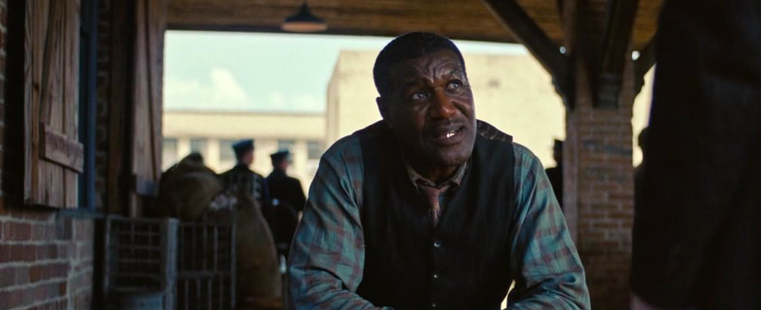
Lori Harvey spent years knowing something was wrong with her body, only to be told nothing was.
“I’ve been so frustrated. I’ve been going to my gynecologist because I’ve just been feeling like something’s off in my body,” Harvey said on the “SheMD with Dr. Thaïs Aliabadi and Mary Alice Haney” podcast. “But every time I go to her, she’s like, ‘You’re fine, you’re fine, you’re fine. Nothing’s wrong.’ And I was like, ‘But I don’t feel fine. I feel like something is just off.’”
At 28, the model and entrepreneur finally has answers. After being referred to Aliabadi, a Los Angeles-based OB-GYN, Harvey was diagnosed with polycystic ovary syndrome (PCOS) and endometriosis, two common but underdiagnosed reproductive conditions that affect millions of women.
For Harvey, the diagnosis explained years of debilitating periods, sudden weight fluctuations, acne, rosacea, and facial hair. “I used to have the most excruciating periods of my life, every single time I felt like I needed to go to the hospital, just crazy cramps. I’m taking 800 milligrams of Ibuprofen. Nothing is working, it’s just debilitating,” she recalled. “They’d be like, ‘Oh, just take some Tylenol, you’ll be fine.’ And I’m like, ‘There’s no way this is normal.’”
Harvey’s story reflects a painful reality of women being told to ignore their pain. For Black women, the dismissal is even sharper. Research shows Black women are more likely than white women to be misdiagnosed or go years without answers for conditions like PCOS and endometriosis. And as a 2016 University of Virginia study revealed, some medical trainees still falsely believe Black patients feel less pain, a myth that contributes to disparities in treatment.
“As women, it’s so normalized for us to kind of just suffer in silence,” Harvey said. “And when you keep telling these doctors, who are supposed to be there to help you, that you don’t feel right and something’s off, and they keep telling you, you’re fine, it’s almost like you’re getting gaslit, you know? You start questioning yourself.”
PCOS affects one in 10 women of childbearing age and can cause irregular periods, infertility, weight gain, and excess hair growth. According to The Resilient Sisterhood Project, Black women with PCOS are more likely to experience severe symptoms: insulin resistance, obesity, excessive facial hair, high blood pressure, abnormal cholesterol, and an increased risk for cardiovascular disease. Endometriosis impacts approximately 190 million people globally, often leading to chronic pain.
Despite how common both conditions are, they remain widely underdiagnosed, leaving women discouraged, confused, and vulnerable to body dysmorphia or eating disorders as they try to make sense of the drastic physical changes these illnesses can cause.
“The one thing that hurts me the most is how, when dismissed, PCOS patients start having disordered eating. Diet doesn’t work. You’re exercising. You’re killing yourself. And your skinny friend is eating whatever she wants. So, it’s so frustrating,” Aliabadi said. “And I always say, if you knock on the doors of these eating disorder centers, a lot of these PCOS patients are sitting behind them… and no one says ‘wait a minute, maybe there’s a hormone imbalance.’”
Aliabadi describes it as a “silent epidemic,” pointing out that if someone as privileged as Lori Harvey struggled to be heard, everyday women face even greater barriers. “If you cannot get someone to listen to you and diagnose you correctly, do you think other women have a chance? They don’t,” she said.
With treatment, Harvey says she finally feels at home in her body for the first time since she was a teenager.
“I feel good in my body finally, for once,” she shared. “And I feel like what I should have been feeling like at 16. I’ve never felt more at home in my body than I do now.”
For Harvey, speaking up is about more than her own healing; it’s about amplifying the millions of women, especially Black women, whose pain continues to be ignored. “I think this is a very, very important conversation because so many of us are suffering with it, and we all need to be heard,” she said. “Everybody should be able to feel at home in their body.”





